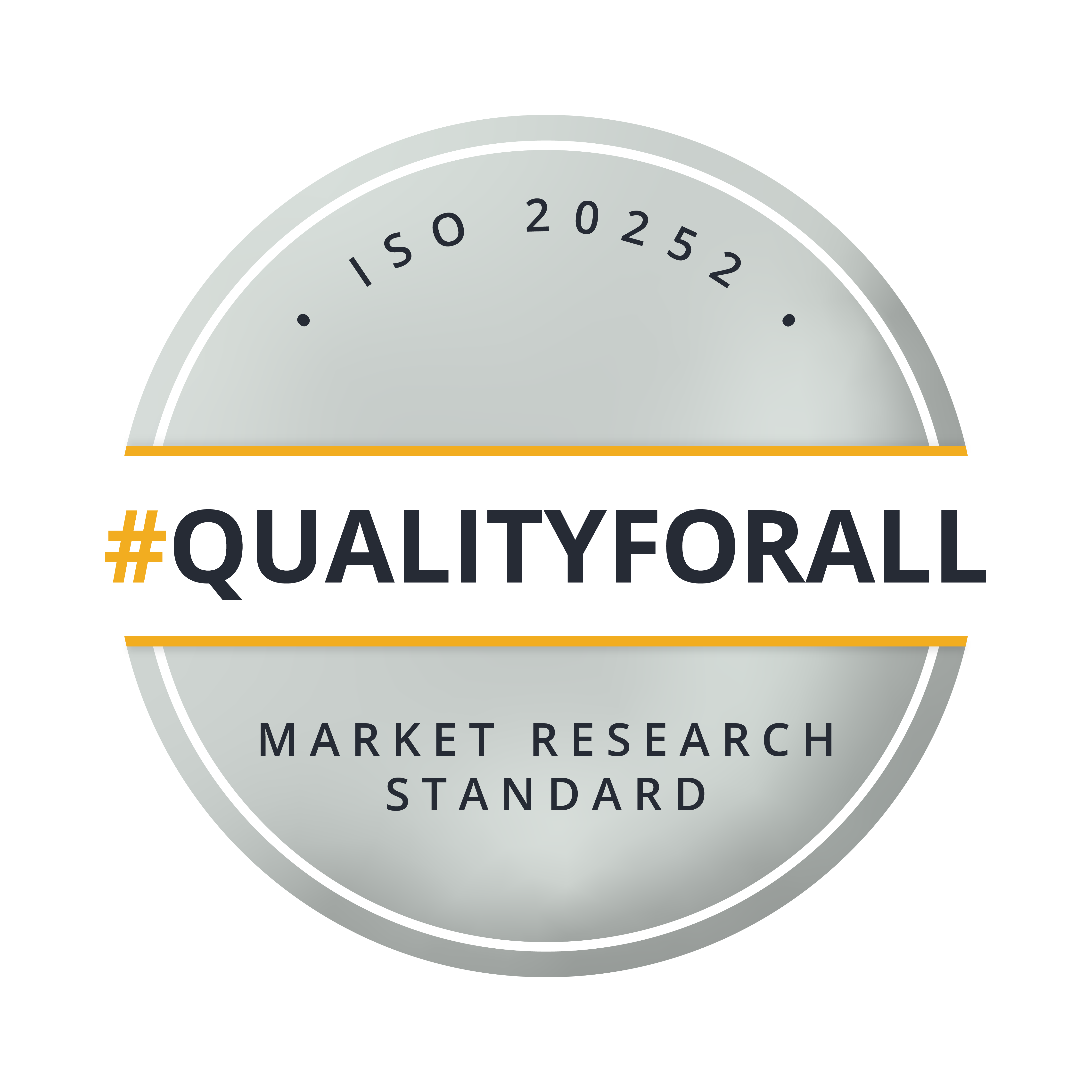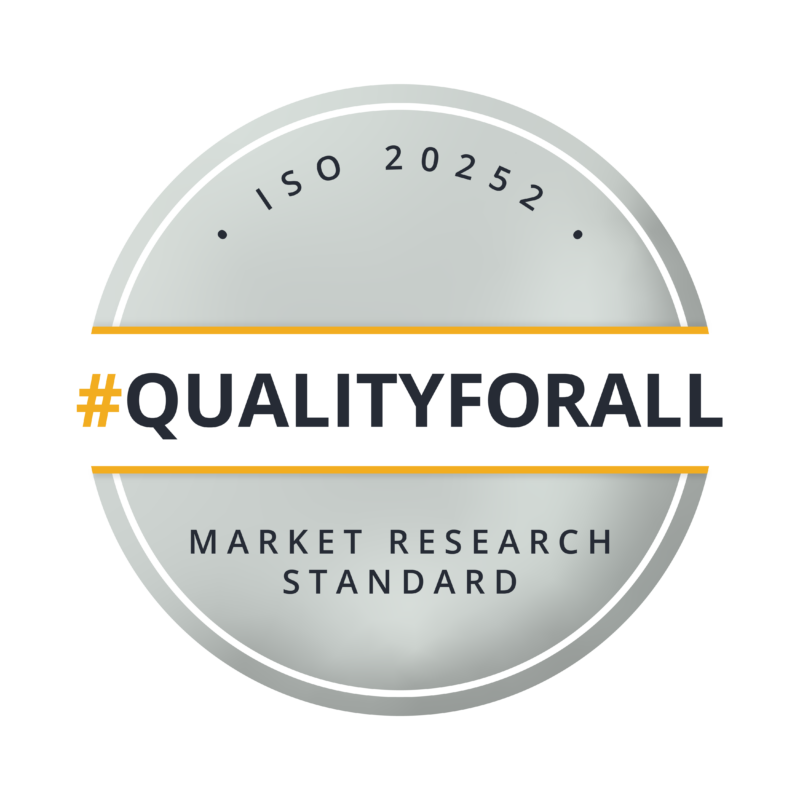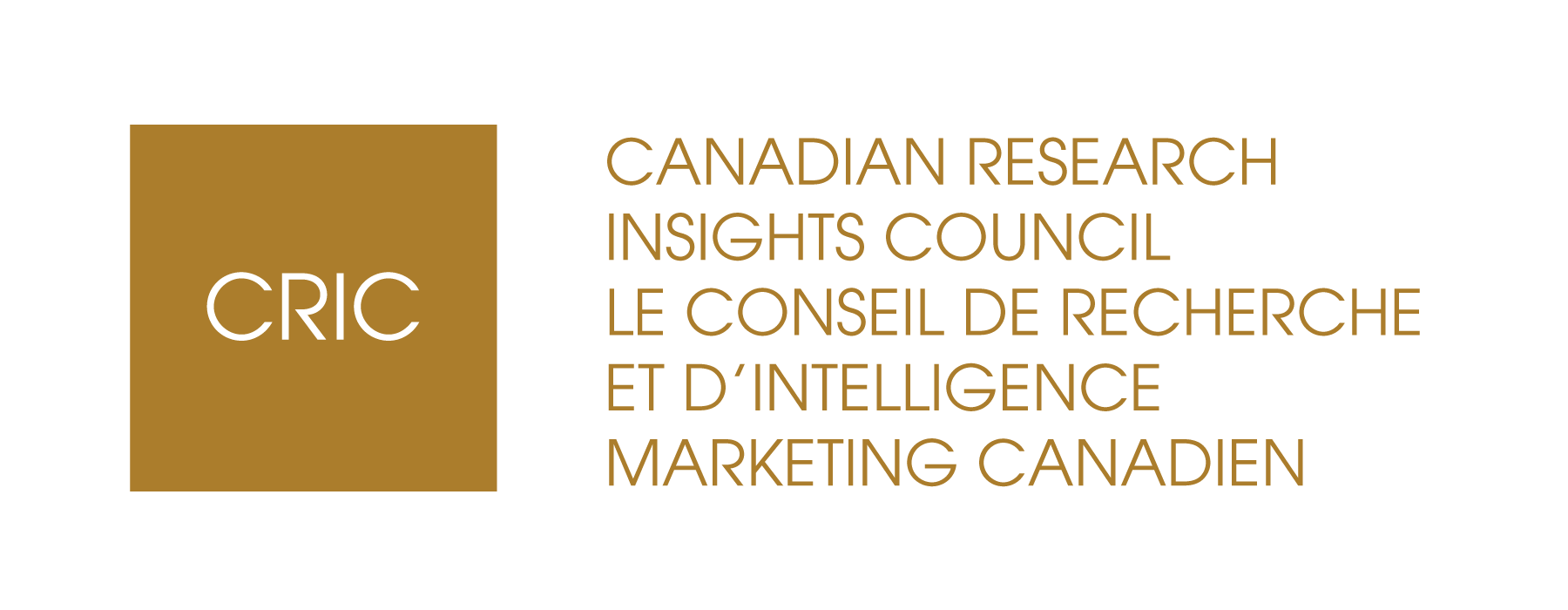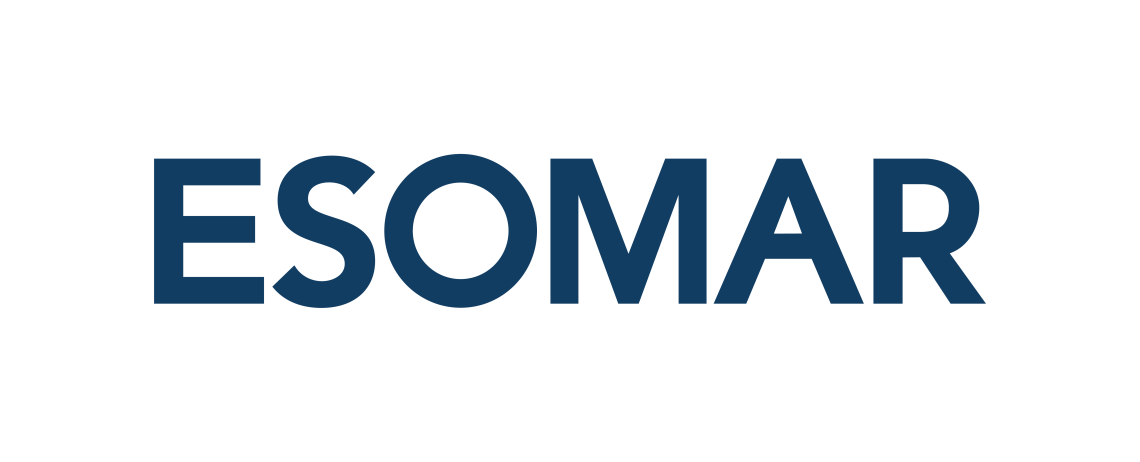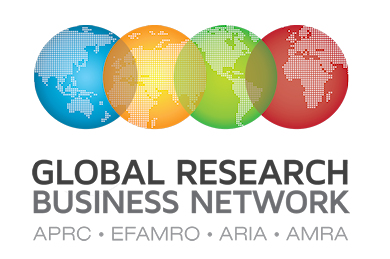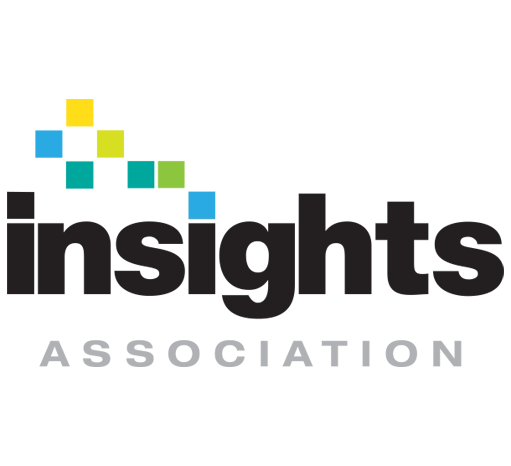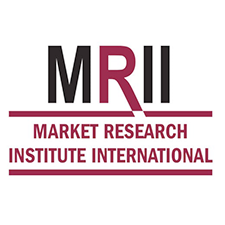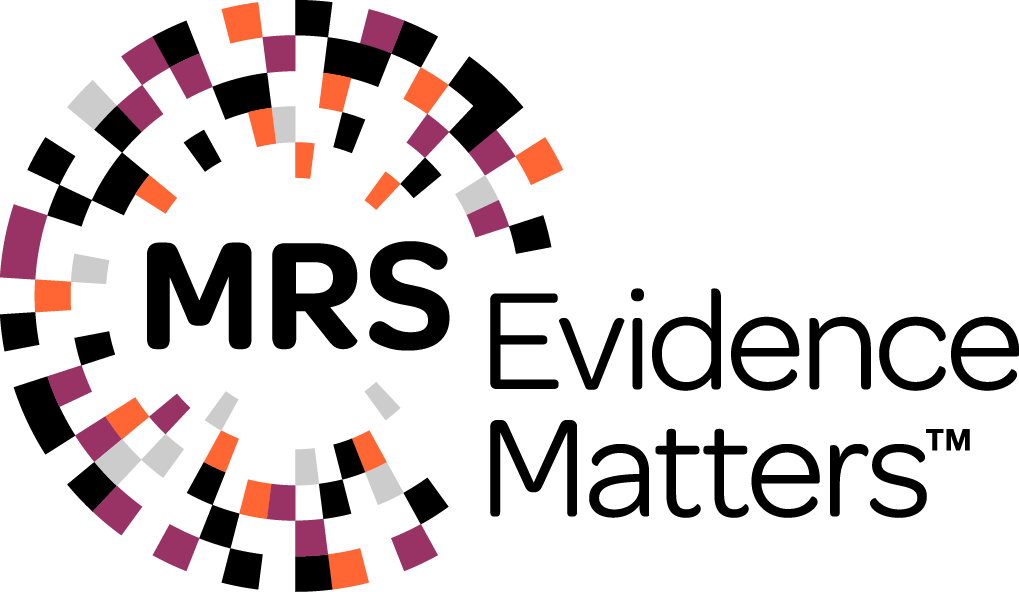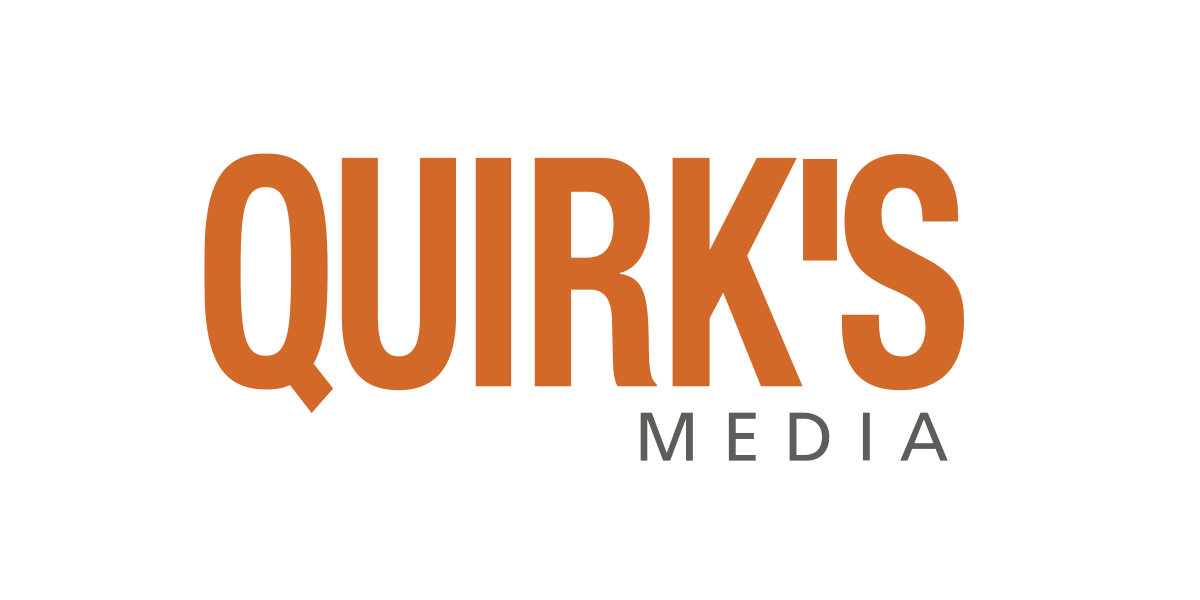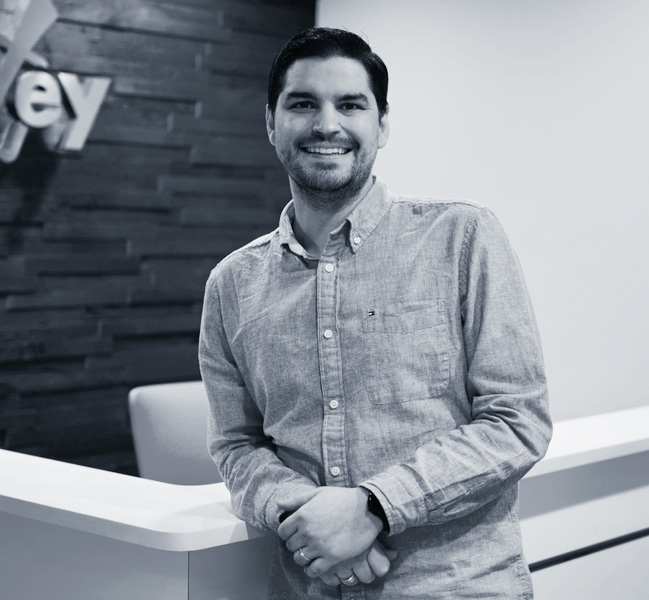
A chat about ISO with Chris Foley, Director, Data Operations & ISO Quality Manager at MedSurvey
How did you discover ISO?
I knew nothing about ISO before our CEO approached me. I was new to the market research industry, and didn’t realize the standard existed. In 2019, he extended the opportunity to lead our certification efforts for ISO 27001 (the security standard) and 20252 (the market research and insights standard). I jumped at the chance and started doing my homework.
What we discovered helped us define the most effective path forward: Certifying to both standards simultaneously would be too big a lift. Certifying to 27001 first allowed us to address processes that would then be covered in 20252. It made the most sense for us, therefore, to do 20252 second. We achieved certification to ISO 27001 in April 2023, and ISO 20252 in October 2024.
Why did MedSurvey choose to become certified to ISO?
We want to be perceived as the best; and if we want to be seen that way, we need to do everything we can to prove it. So we dove in, got really familiar with our processes, tightened up internally and standardized how we do what we do. It makes us a better company overall, and allows us to deliver a higher-quality product to our clients. Certifying to ISO is a global stamp that says we’ve committed to quality and have the goods to back it up.
What is your role in regard to MedSurvey and ISO certification?
I’m our lead ISO Quality Manager, which I think is an important point. Remember: I’m new to the market research industry. I’m not an engineer, developer or programmer. But I have all the support I need from leadership, CIRQ and our auditor. I have a solid understanding of regulatory issues and compliance, and have a team to help me with the rest.
What preconceived notions did you have about ISO certification prior to initiating the process?
I didn’t realize how much of implementation is up to interpretation. Meaning, ISO publishes a standard set by an established team of global market research experts, and it’s up to each individual company to define how it meets it. There is no one prescribed way to cross the finish line, and that’s key—it’s how companies in the same discipline can protect their competitive advantages, even while aligning their best practices to the same standard. Once that clicked for me, we were off to the races.
What is it like working with your auditors?
Working with our auditors was a really great experience. We didn’t feel like we were under pressure or being interrogated. It was truly collaborative. If we didn’t show the right process or documentation, they’d use their experience to guide us to where the proper evidence may be located—including in places we hadn’t yet recognized as compliant. Granted, I was organized through the entire process; this made our audits much easier, too.
What benefits has MedSurvey attained since becoming certified to ISO?
Our ISO 20252 certification is relatively new. Even so, we’ve had quite a few clients ask us about it already. There’s a curiosity surrounding the certification, and it feels great to be able to share what it means in regard to the work we do for them. Some of our vendors have also reached out, interested in earning certification for themselves. I’ve enjoyed being a resource and helping to answer their initial questions. These conversations have strengthened our partnerships, which is great for business.
What surprised you about the ISO process?
I was not prepared to discover how compliant we were, even before starting the certification process! Once I dove in, I realized that we had a really good foundation, which actually made sense: Much of the industry unknowingly adheres to the standard, without having the certification to show for it. So for a large portion of our documentation, I just needed to talk with appropriate team members, confirm the information I captured was correct, and move on to the next section.
What’s an example of ISO being a saving grace?
When it comes to fulfilling assessment requests, ISO has cut my legwork in half—what used to require a two-week lead now only needs one. That’s because we have a central knowledge base [ISO Quality Manual] that gives me all the data I need, at my fingertips; and I’m confident that it’s accurate, because we’re required to keep it updated as part of our certification. Saving me time in this area allows me to expend energies more meaningfully for my company elsewhere.
What is something you wish you knew prior to starting the process? (If you could tell your “younger” self.)
I wish I knew how easy the process was going to be. I really shouldn’t have been so intimidated by all of the annexes, either. When I read the standard at first, I was petrified; I didn’t yet realize that I only needed to focus on the annexes that pertained to our business. I’m glad I invested time into speaking with industry peers who had experience with ISO, because that gave me a deeper understanding of the certification itself. I do wish I spent more time at the top reviewing other companies’ Statements of Applicability—it was a bit before I realized those are public documents. Once I found them, however, it was great. I used these real-world comparisons to help clarify which annexes would be right for us.
What’s the one thing you’d say to persuade a research company to consider certification?
Dedicating the time and people to certification can seem rough at first, but once you experience the value of ISO 20252, you’ll never look back. Your company’s processes will be streamlined. Your product will be consistent. You’ll achieve a holistic view and new perspective on how your business is run. This is how you hold your company up to a mirror to reveal how you’re doing things now—and what changes you can implement to make things better.
